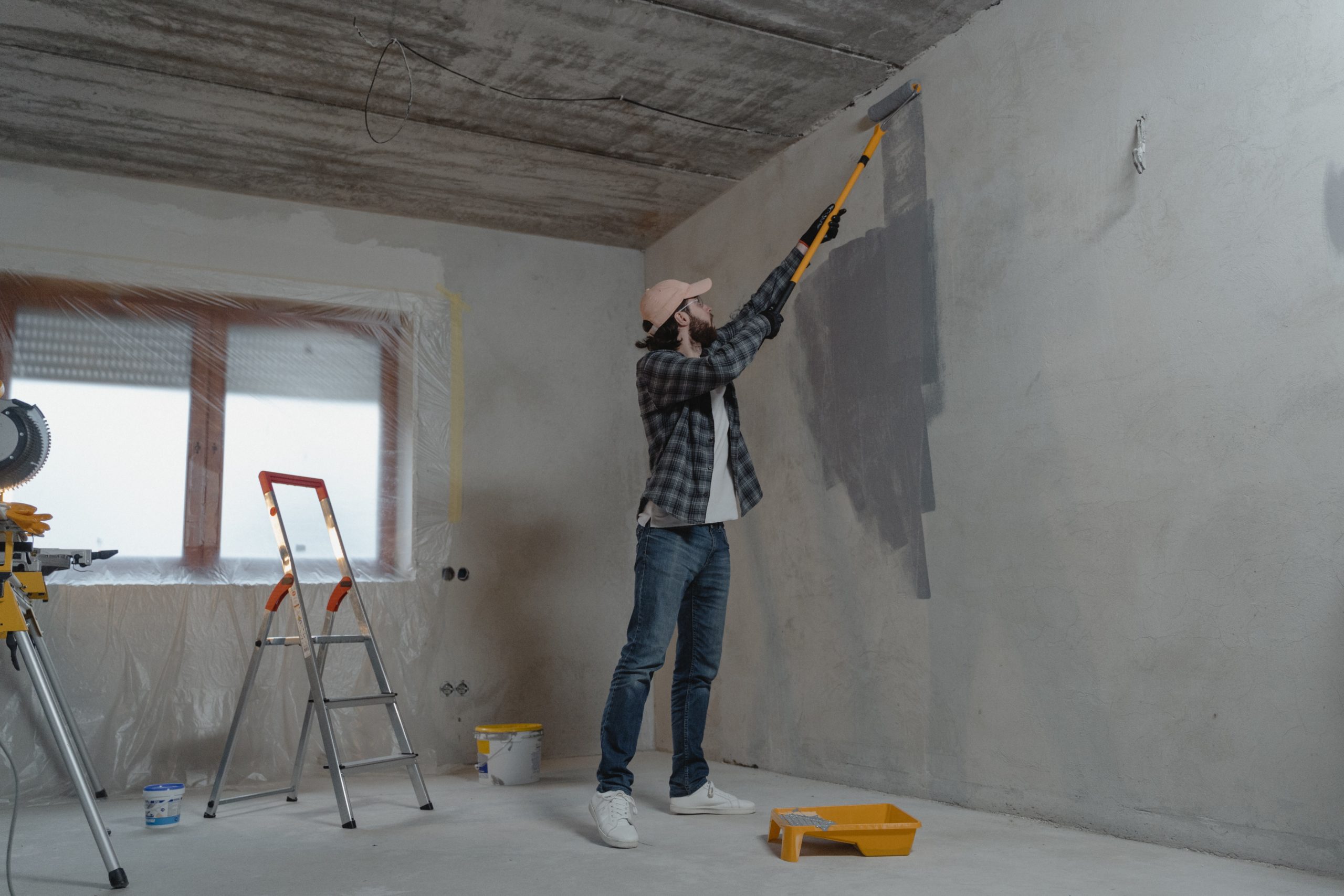

When it comes to breaking into contracting, there is often a common starting point: small residential projects. For some folks, their locations and circumstances lead them to continue working in the smaller residential realm for years and years. Some, however, find themselves looking to scale up to larger projects and dip their toes into other kinds of construction as their experience grows, and their business develops. Scaling one’s construction business can be an overwhelming yet incredibly gratifying task with many obstacles and a steep learning curve. One of the greatest concerns we hear from residential contractors working on scaling their businesses is, “What happens if a homeowner sues me? What are my residential contractor rights, the process, and how does this all work?”
The first thing we tell these nervous contractors is that nothing in the legal world happens quickly. Most issues can be resolved if there is a prompt response to any issues the homeowner brings up. As long as you pay attention, you will have plenty of time to address any issues. Our biggest advice is, do not ignore emails from upset clients, nip them in the bud. Read our previous blogs on dealing with high-maintenance homeowners for more information.
If things escalate past this point, the next step would be a letter from an attorney, which will be sent to whatever address you have on record with the agency you registered your company with. If someone sends a letter to that registered address, it counts as a notice even if you do not receive it, so it is important to keep your address updated with the secretary of state and check your mail often! Do not ignore it if you receive an official letter from the homeowner or an attorney. Once you receive a letter, send it to your attorney. You have residential contractor rights, but they must be asserted promptly.
The Cromeens Law Firm is here to protect you and your business. Our hope is that you never get stuck in a legal battle because you were not adequately informed or prepared. Work with us to equip yourself with the knowledge you need to protect your business and your hard-earned money.
In almost all states, you as the residential contractor rights include the right to fix any claimed defects before the homeowner can sue you. While the timing may be different in every state, the process is essentially the same, and you have a chance to correct any shoddy work before you can be sued.
The process goes like this: the homeowner will send you a detailed letter itemizing all the claimed defective work, which may or may not have an expert report attached. Upon receiving this letter, you have the right to inspect the property to view the alleged defective work. After the inspection, you can make an offer to remedy the situation. This offer can be to pay cash, make repairs, have someone else make repairs, or a combination of the above. You do not want to miss this opportunity to settle the case, but there is another advantage to making a reasonable offer at this point in most states. If the homeowner refuses your offer and moves forward with litigation, they could face a penalty if they are not awarded more than your reasonable offer. In some states, if the homeowner refuses your reasonable offer, they will not be allowed to recover their attorney fees.
If you take anything away from this article, take away that you have the advantage of great protections through residential contractor rights. Still, if you miss or ignore issues when they come up, you can get into serious trouble and cause things to go south because you neglected to deal with them in a timely manner. If you do not make a reasonable offer, you do not have the opportunity to limit the homeowners’ claims against you. Knowing how to protect yourself best is essential, especially when growing your business, so be sure to RSVP for this month’s webinar: Protecting Your Construction Business as it Grows on Thursday, July 28 at 12 pm CST, where we will share the most essential information for any residential contractor looking to scale their company. Additionally, having a team to support you when you’re facing the potential of getting sued is a huge advantage. The Cromeens Law Firm team is here to help keep you out of the courtroom on the front end or help you win the fight inside of it. Set yourself up for success with the support of a legal team today.
This article is intended as a general educational overview of the subject matter and is not intended to be a comprehensive survey of recent jurisprudence, nor a substitute for legal advice for a specific legal matter. If you have a legal issue, please consult an attorney.
Karalynn Cromeens is the Owner and Managing Partner of The Cromeens Law Firm, PLLC, with over 17 years of experience in construction, real estate, and business law. A published author and passionate advocate for contractors, she has dedicated her career to protecting the businesses her clients have built. Karalynn is on a mission to educate subcontractors on their legal rights, which inspired her books Quit Getting Screwed and Quit Getting Stiffed, as well as her podcast and The Subcontractor Institute.

